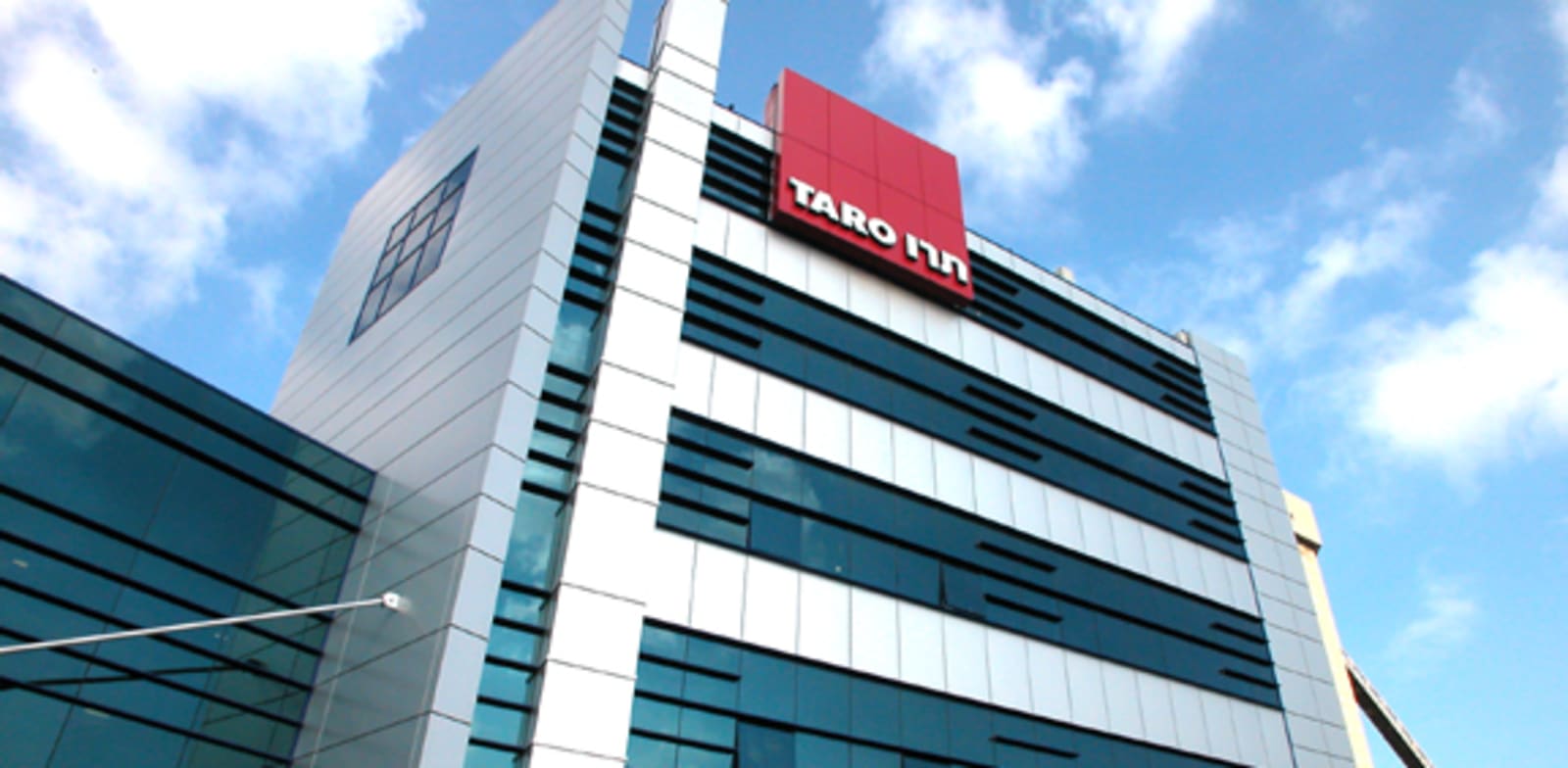In recent years, a company has disappeared from the radar turn , a veteran manufacturer of generic drugs, established in Israel in 1950 and producing drugs that are sold by prescription and over the counter. However, it is still a large company, which in 2022 employed 1,455 employees, almost half of them in Israel – in the areas of production, quality assurance, research and development, administration, marketing and sales.
Since 2010, the controlling owner of the Israeli pharmaceutical company is the Indian pharmaceutical company Sun (Sun Pharmaceutical), which currently owns 78.5% of Thero’s shares. It is now seeking to purchase the remaining shares held by the public and delist Taro’s shares from trading on the New York Stock Exchange.
Sun submitted an offer to purchase the shares at a price of $38, a premium of about 30% over the price of Thero’s stock on the stock exchange, and in response Thero’s stock jumped in late trading on Friday by 23% and approached the offer price. Sun’s offer reflects a value of over 1.4 billion dollars for Taro.
The Thero board of directors reported that it formed a special committee of independent directors – Linda Ben Shoshan, Dr. Robert Stein and Dov Pekelman – who praised Sun’s proposal.
Taro’s stock is trading at a price 80% lower than the peak it reached in 2015, and has produced a negative return of about 20% in the past year, not including the increase in late trading after the announcement of the takeover offer.
A struggle for control that ended in the supreme ruling
The controlling owner of Thero, Sun, is traded on the Indian stock exchange and its market value is about 28 billion dollars. The company became the controlling owner of Taro after a long control struggle that ended only with a ruling by the Israeli Supreme Court. Even earlier, in 2007, when Thero ran into a serious liquidity problem, it signed an agreement to sell the entire company to Sun, for only 230 million dollars (based on a price of 7.75 dollars per share).
A year after the signing of the merger agreement, and against the background of an improvement in Taro’s results and an increase in its share price on the stock exchange, Taro canceled the agreement. The parties went through protracted legal proceedings, which ended in September 2010, when the Supreme Court accepted Sun’s position and allowed it to submit a regular (and not special) purchase offer, thereby effectively taking over the shares of the Thero’s founding family, including those of the then chairman, Barry Levitt.
Thus control of Thero finally passed to Sun at a price of 7.75 dollars per Thero share, which was lower than the share price in New York at the time. Later, the stock rose, and at its peak, in 2015, it reached a price of over $150, which in turn reflected a market value of $7.4 billion. However, since then, against the background of the changes in the generic market, and in particular the erosion of generic prices in the American market, the share price has steadily eroded.
was involved in the price coordination case in the USA
Another interesting detail related to the buyer, Sun, is that Israel Makov, who was CEO of Teva until 2006, served as chairman of Sun’s board of directors between 2012 and 2022. In announcing his retirement, Sun wrote that under his leadership, the company transformed from an organization focused on India and the US to the fourth largest generic drug company, operating in more than 100 markets, and having a turnover of over $5 billion.
A few years ago, Teru got involved in the price coordination case in the generic drug industry in the USA – together with other companies from the field, including Teva.
In 2020, Taro signed a settlement agreement with the US Department of Justice, in which it admitted involvement in price fixing, and paid a fine and compensation that amounted to more than 400 million dollars.
In the year that ended at the end of March 2023, Thero recorded sales of 573 million dollars, an increase of about 2% compared to the previous year. However, against the backdrop of price erosion in the generic market in the US, its profitability eroded significantly: gross profit was 46.8% of revenues compared to 52.2%, and operating profit fell from $63.5 million to $17.7 million, and net profit attributable to shareholders shrank by 56% to $25.4 million At the end of March, Taro had more than $1.25 billion in cash, which is more than its market value.
Stations in Taro’s life
● 2007 Thero ran into liquidity difficulties and signed an agreement to sell it to Sun for $230 million ($7.75 per share). Sun provided Thor with financing in exchange for some of the shares
● 2008 After an improvement in results and an increase in the share price, Thero canceled the agreement, and the parties went to legal proceedings
● 2010 The Supreme Court rules in Sun’s favor, allowing it to make a normal takeover bid. Control passes to Sun
● 2023 Sun owns approximately 78.5% of Thero shares and seeks to purchase the remaining shares for $38 per share, a premium of approximately 30% over the price on the stock exchange
